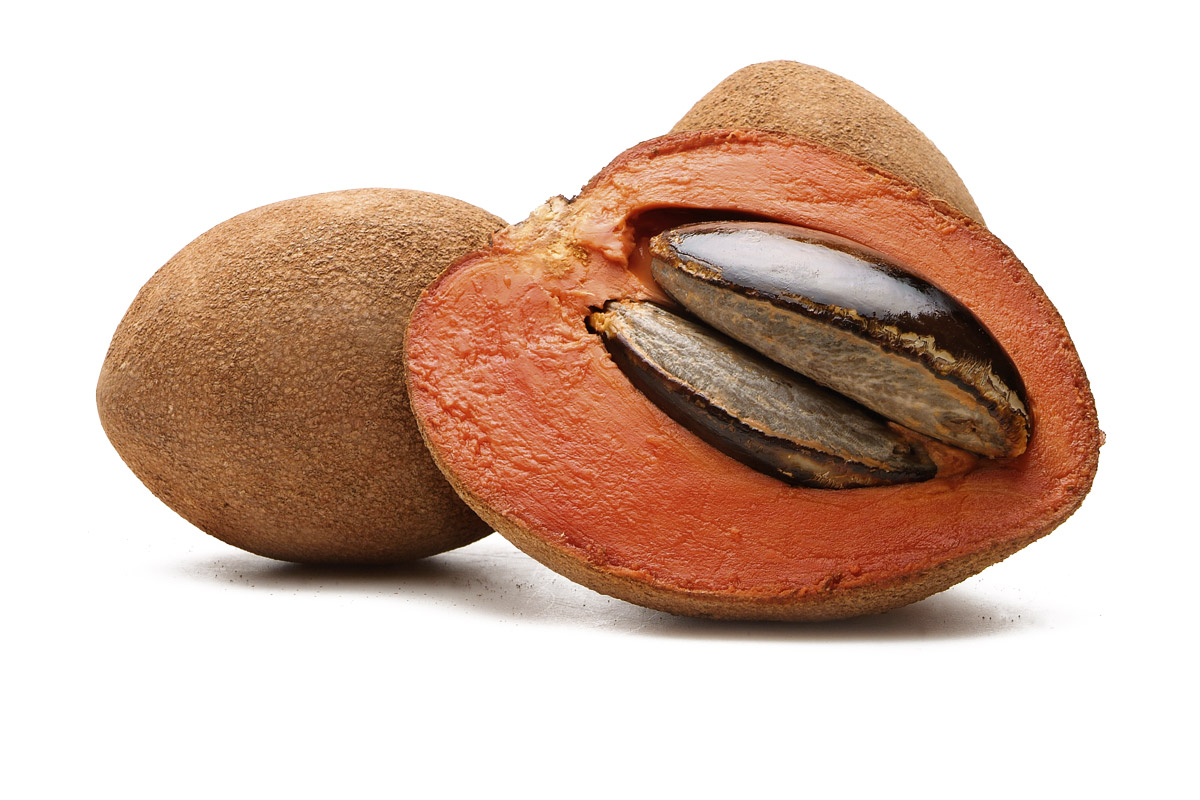We have a partner in Mexico with whom we have been working for a long time. This producer has his cultivation areas in a subtropical zone where there is a lot of rainfall, at an altitude of 400 to 1000 meters above sea level. He has a respectful attitude towards life in all his actions and actions. Therefore, his territory surprises with an astonishing variety in which the wild native flora mixes with the plantations in a permaculture. The exotic wildlife of southern Mexico also feels at home there. And in this wonderful landscape the sapote and other tropical fruit specialities thrive.
Various sapotes, chacungas, and avocados
Currently the mamey sapote (pouteria sapota) season is taking place there. Its trees grow to an amazing 50 metres high. The mamey sapote is a very popular fruit whose rough skin encloses a nutritious flesh with orange, red and brown tones. Its taste is reminiscent of marzipan or chocolate, but its mildness is also reminiscent of carrots and sweet potatoes. This oval, pointed fruit weighs about 200-400 grams per fruit. As soon as it gives way at the touch of a finger, you can cut it in two like an avocado and spoon out the flesh.
Despite the meteorological imponderabilities, you can also look forward to small, fragrant wild berries: such as the chacungas, which you can eat well with skin. Or the beautiful sapote chico with tender flesh. Its taste is reminiscent of the most delicate caramel pudding. Unlike the sapote mamey, it is about the size of a kiwi. This is where its name comes from. Chico is Spanish and means “small”. Sometimes it is also called sapotille, which means the same thing. However, the sapotille is the Asian sister of the sapote chico. The word sapote itself comes from the Aztec language Nahuatl (there it is called tzapotl) and describes “soft and edible fruit”.
The Hass avocados, or Bilse avocado, are also worth mentioning because they have been hanging on the tree for a long time and are therefore wonderfully buttery.
Benefit from the season of these excellent fruits, which we receive so rarely. Unfortunately, the imponderables of international freight traffic force us to order small quantities.





